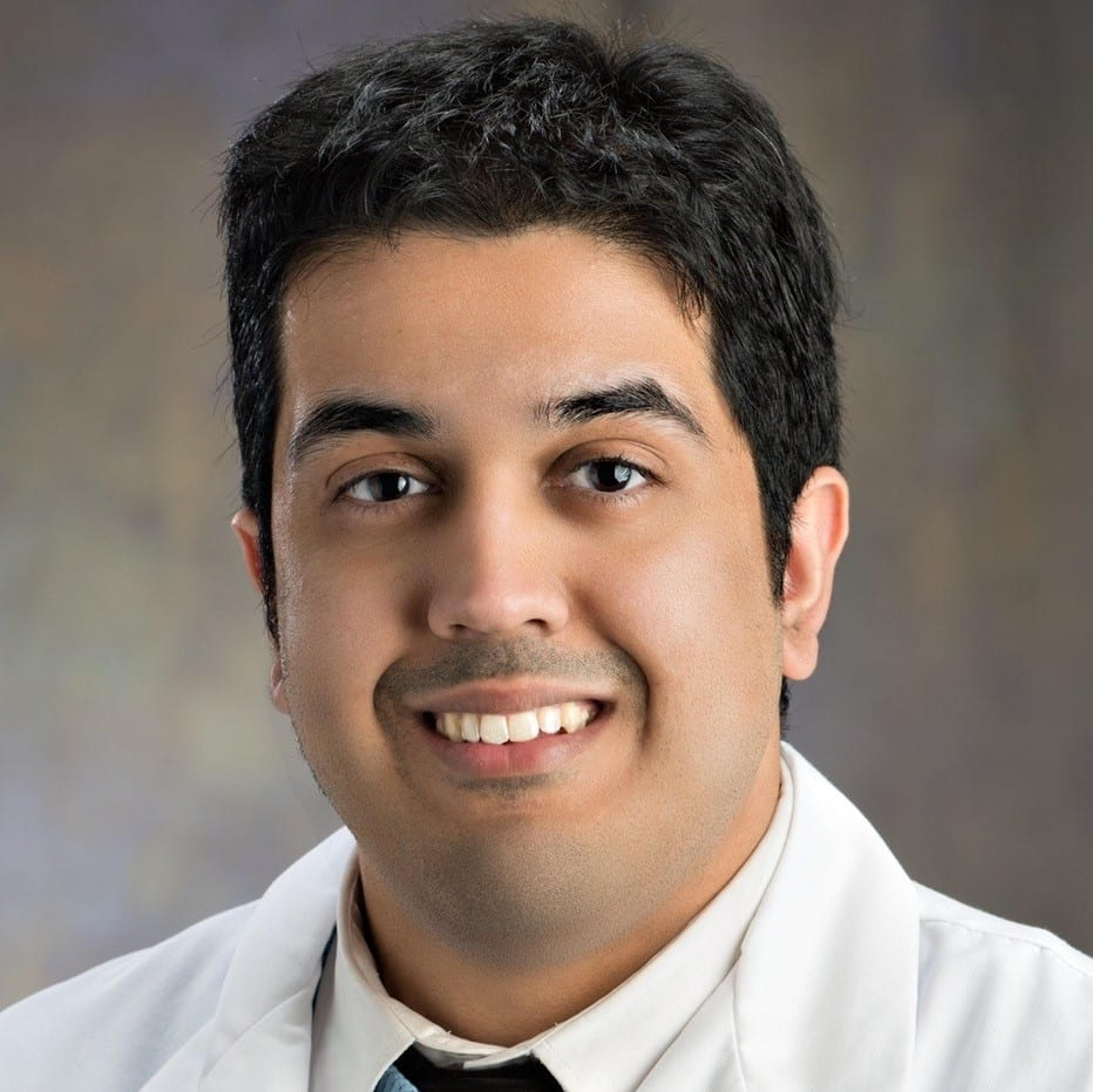TEDxDetroit to Highlight Sickle Cell Researcher’s Innovative Use of Fitbits
Amy Barczy
| 4 min read
Amy Barczy is a former brand journalist who authored content at Blue Cross Blue Shield of Michigan. Prior to her time at Blue Cross from 2019-2024, she was a statewide news reporter for MLive.com. She has a decade of storytelling experience in local news media markets including Lansing, Grand Rapids, Holland, Ann Arbor and Port Huron.

A researcher at Children’s Hospital of Michigan in Detroit is trying to change the conversation around sickle cell disease. It’s the most common inherited blood disorder in the U.S. – but the needle has moved little until recently on research or cures since it was first described in 1910. Dr. Ahmar Zaidi is a pediatric hematologist-oncologist studying sickle cell disease who will be explaining how he’s using technology to help patients at the 11th TEDxDetroit event Nov. 6 at the Masonic Temple. The event celebrates ideas worth spreading with speakers including humanitarian Najah Bazzy, former Michigan Lieutenant Governor Brian Calley, Rehab Addict star Nicole Curtis, voice actor Rob Paulsen, Chemical Bank Vice President of Municipal Banking Operations Portia Powell and Grammy-award-winning composer and record producer Luis Resto. Zaidi is expected to deliver an eight-minute-long talk at TEDxDetroit that will touch on why sickle cell matters, and his research, which seeks to better understand what triggers painful episodes in sickle cell patients to help improve outcomes. Sickle cell disease is a genetic condition in which red blood cells break down prematurely – leading to anemia and in some cases jaundice. Anemia can cause shortness of breath and fatigue, and delay children’s growth and development. Most prominently, the disease turns red blood cells into stiff, inflexible sickled cells that cause intense bouts of pain as they get stuck in small blood vessels. Using Fitbits, Zaidi is studying how sickle cell patients’ sleep patterns and physical activity interact with the amount of pain they experience. The goal is to eventually help patients better predict and manage their pain. “Everyone experiences pain differently,” Zaidi said. “The gold standard for measuring pain is the zero to 10 scale – it’s ruined our ability to treat patients compassionately.” Zaidi’s passion for helping sickle cell patients stems from personal experience: as a teenager, a newborn relative of his was diagnosed with sickle cell trait. And during his time at medical school – Medical University of the Americas on the island of Nevis in the West Indies – he saw how sickle cell disease was treated in a place with few resources to expend. Patients didn’t have access to opioid medications or blood transfusions and had to rely on Tylenol to manage their pain. Back at home in the U.S., Zaidi found that even though sickle cell patients have access to better health care options, their pain may not be taken as seriously as it should. Zaidi believes that’s due to the race of the people most affected by sickle cell disease. “The way that we treat pain associated with cancer and the way that we treat pain with sickle cell disease are very different,” Zaidi said. “We have some work to do as far as reducing implicit bias among providers and reducing disparities.” Sickle cell disease affects about 100,000 Americans and can occur in any ethnicity, but most people affected are African Americans and Hispanics. “None of these patients asked to be born with this condition. This is a disease mostly of individuals who are from minority populations and they have been ignored for the larger part of a century,” Zaidi said. “We’re trying to build bridges again. It’s not easy to do that once bridges have been burned. We’re trying to really embrace the community and make them really feel loved.” There have been two drugs approved by the U.S. Food and Drug Administration to treat sickle cell disease – hydroxyurea and l-glutamine – and a cure may be on the horizon. New therapies are in the works. A sickle cell patient from Mississippi is the first patient to use a powerful gene-editing technique called CRISPR. The experimental treatment uses infusions of the patient’s genetically modified bone marrow cells that will hopefully start making fetal hemoglobin and give the patient healthy red blood cells. TEDxDetroit is 8 a.m. to 6 p.m. Wednesday, Nov. 6, at the Masonic Temple at 500 Temple in Detroit. All TEDxDetroit tickets are available online, along with the most up-to-date information, at www.TEDxDetroit.com. If you enjoyed reading this story, you may also like:
- U of M Researcher Tests Long-Held Sickle Cell Trait Beliefs
- Everything You Need To Know About Blood Donation
- Understanding Michigan's Newborn Screening Program
Photo: Courtesy of TEDxDetroit





